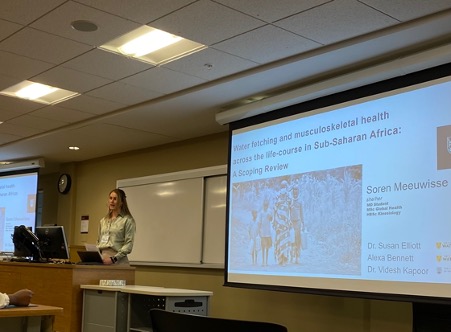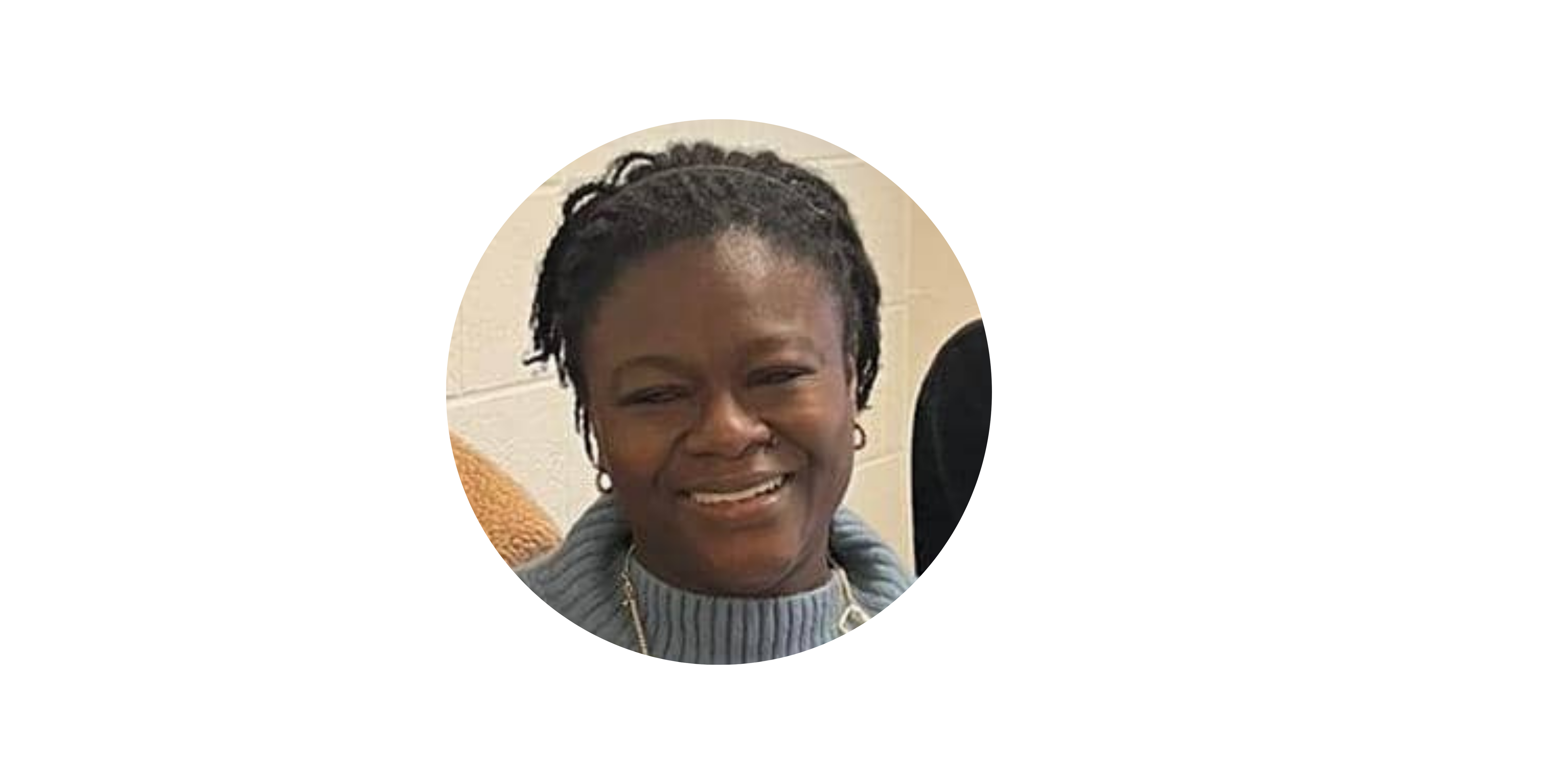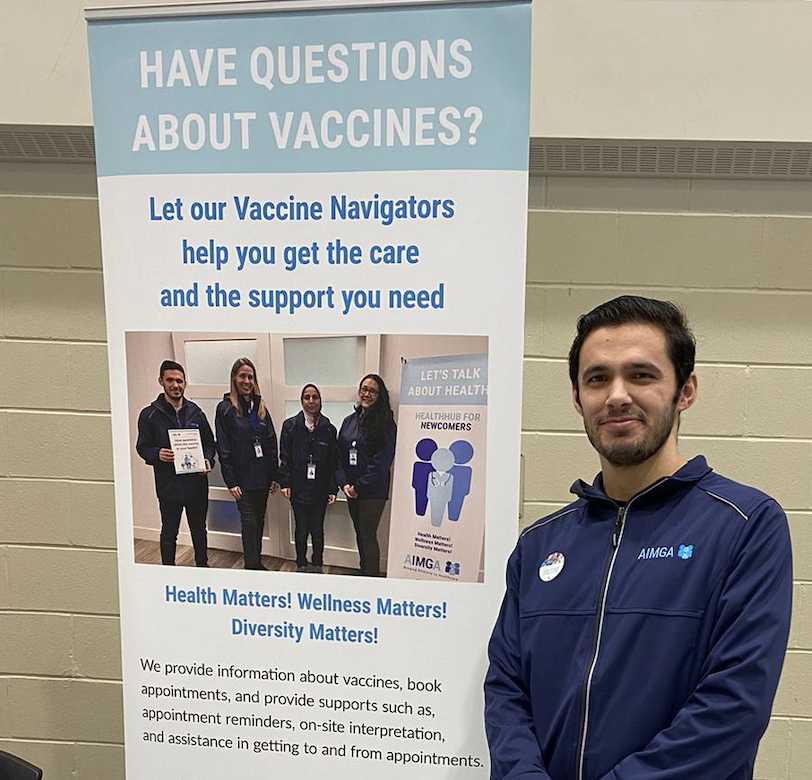A Journey from Research to Advocacy: Global Health Alumna’s Impact on Health Equity

The following post was written by Global Health Student Reporter Yusra Naqvi.
This past week, Soren Meeuwisse sat down with the Global Health Office to share insight and reflect on her journey through the MSc Global Health program, her experiences as a published author, and her continued commitment to improving global health outcomes through research and medical practice. This interview has been transcribed below:
Can you briefly introduce yourself and share what motivated you to pursue the MSc in Global Health? Although I will forever be a proud Marauder, having earned my BSc in Kinesiology and MSc in Global Health at McMaster, I am currently in my third year of medical school at UBC. I grew up in Orillia, ON, and now I call Kelowna, BC home, where I enjoy spending my free time in the mountains. My interest in global health studies stems from personal travels and a realization of healthcare needs in low resource settings and was further fueled by an undergraduate elective course. The MSc in Global Health at McMaster attracted me with its interdisciplinary and cross-cultural focus, connecting students with universities worldwide through a course-based structure.
What was the focus of your Scholarly Paper, and how does it connect to current global health challenges? My recently published paper in PLOS Global Public Health, made possible by the support of my fantastic research team, explores the musculoskeletal (MSK) health of water fetchers in Sub-Saharan Africa (SSA) from a life-course perspective. This work began as my MSc Scholarly paper and integrates my Kinesiology background with my experience volunteering for an organization supporting the health of elderly people in SSA. Despite water being recognized as a fundamental human right by the United Nations, many households in SSA lack adequate access to it. Due to sociocultural norms, the responsibility of water collection often falls on women, who must walk long distances daily to provide for their families. This practice, performed by millions of women worldwide, is expected to persist due to entrenched gender norms and worsening water insecurity driven by climate change and population growth. My review highlights how women in SSA endure the negative MSK impacts of water fetching throughout various stages of life—from childhood and childbearing years to old age—leading to gender disparities in health and limiting their opportunities for personal and economic development. The paper aims to guide future research and interventions in MSK healthcare, with the goal of preventing, alleviating, and rehabilitating poor MSK health to enhance both individual and societal well-being.
What advice would you give to current or prospective students interested in pursuing research and publication in global health? My advice to current or prospective students interested in global health research and publication is to embrace patience, collaboration, and humility. Patience is crucial, as the process will likely take much longer than anticipated. It takes time to develop a solid first draft, and even more time to revise with your research team and respond to feedback from journal reviewers. Collaboration is equally important work with a diverse team of researchers who can offer different perspectives on the topic. I was fortunate to collaborate with a team that brought together expertise in healthcare, water, sanitation, and hygiene (WaSH), elderly care, and connections to Sub-Saharan Africa. Finally, humility is essential in global health work, especially when engaging in cross-cultural spaces. Stay open to new perspectives and continuously reflect on your own biases and privileges.
What is your favourite memory or experience from your time in the MSc Global Health program at McMaster? My favorite experience during the MSc Global Health program was my exchange at Maastricht University. Due to COVID, my initial classes were online, so this was the first time I got to meet many of my Canadian peers who also went on exchange. I also made friends with local Dutch students in my classes and at my rental house. I loved the opportunity to experience Maastricht’s unique course structure, collaborate with classmates from across Europe, explore the local area, and reconnect with my Dutch heritage.
Could you share any upcoming projects or future research interests you’re planning to explore as part of your medical training? My upcoming volunteer projects focus on global health, as I currently serve as the VP Global Health Senior in the Medical Undergraduate Society at UBC Medicine. In this role, I oversee global health clubs that offer educational, advocacy, and networking opportunities for medical students, organize international research and clinical exchanges, and work to enhance global health education within our curriculum. While I hope to continue academic and clinical work on women’s and elderly health in Sub-Saharan Africa in the future, my current research centers on the therapeutic use of psychedelics for treating PTSD and substance use disorders in Canadians. This is an exciting emerging area in mental health, and I’m incredibly grateful to be part of such an inspiring research team.
Is there anything specific you hope readers will take away from your published paper, and where can they find it? Readers can find the full article at the following link: https://doi.org/10.1371/journal.pgph.0003630
The main take-aways that I learned from my research are: (1) The MSK issues reported in this review are preventable and this is a global public health problem that is socially normalized, under-measured, and underrepresented in literature; (2) Despite elderly women commonly fetching water, there is very minimal literature on their MSK health, which has significant implications for the well-being of their household as well. Many grandparents are the primary caretakers of their grandchildren, as the middle generation in SSA has sadly been largely impacted by HIV/AIDS. Therefore, the grandparents’ physical ability to fetch water directly impacts child health and school attendance; (3) Men or younger boys who fetch water have preferential access to tools (such as a bicycle or cart) that ease the burden of water fetching, illustrating gendered access to innovative devices that may be developed to assist the health of water fetchers. Further, it is understood that women play a crucial role in household water accessibility, yet women are largely excluded from water management, decision-making, and implementation processes which are often led by able-bodied men. Addressing the challenges of MSK pain and dysfunction in SSA requires consideration of societal, cultural, behavioral, infrastructural, and ergonomic factors.
What’s next for you, both academically and professionally? Are you planning to continue blending your work in medicine and global health? In the coming year, I’ll be continuing my clinical rotations across all medical specialties in the hospital. After eight years of post-secondary classroom-based learning, it’s incredibly exciting to transition to hands-on experience and begin making a real difference in patients’ lives. As a future physician, I aspire to be more actively involved in caring for underserved populations. During my MSc in Global Health, I completed a practicum with Doctors Without Borders/Médecins Sans Frontières (MSF), and working with them as a physician remains a key goal of mine. I also plan to focus on women’s health, preventive medicine, rural/remote healthcare, and addressing gender inequities within the Canadian healthcare system. This published research has kept me engaged in global health education and advocacy throughout my medical training, deepening my understanding of the complex relationships between social determinants of health and physical well-being, particularly in relation to musculoskeletal health. It has reinforced the importance of taking a holistic approach to patient care, prioritizing cultural safety, and considering not just medical conditions but also the social and environmental factors that influence health outcomes. These lessons will undoubtedly shape my future work in medicine and global health.
Thanks for reading and learning more about my academic journey! If you have any questions related to my research, please feel free to contact me at sorenm@student.ubc.ca.
We would like to thank Soren for sharing her experiences, and on behalf of McMaster Global Health, extend the warmest congratulations to her on her recent publication and endless efforts to bridge the gap between research and practice in global health. Her dedication to advancing health equity and her commitment to advocating for marginalized communities are truly inspiring. As Soren embarks on her journey in medicine, we are excited to see the continued impact she will make in the field, and we look forward to following her path as she strives to create positive change for global health.
Student and Alumni ProfilesRelated News
News Listing

“My work does not only come from a place of intellectual curiosity, but also shared grief”: Dr. Zoha Salam’s Journey as the Second Global Health Doctoral Program Graduate
Global Health News, Student and Alumni Profiles
June 20, 2024

PhD Student Tackling Intimate Partner Violence in Resource-Constrained Settings Receives an IDRC Doctoral Research Award
Student and Alumni Profiles
February 28, 2024

From Adversity to Aspiration — Yasir Essar’s Global Health Journey
Global Health News, Student and Alumni Profiles
January 29, 2024
